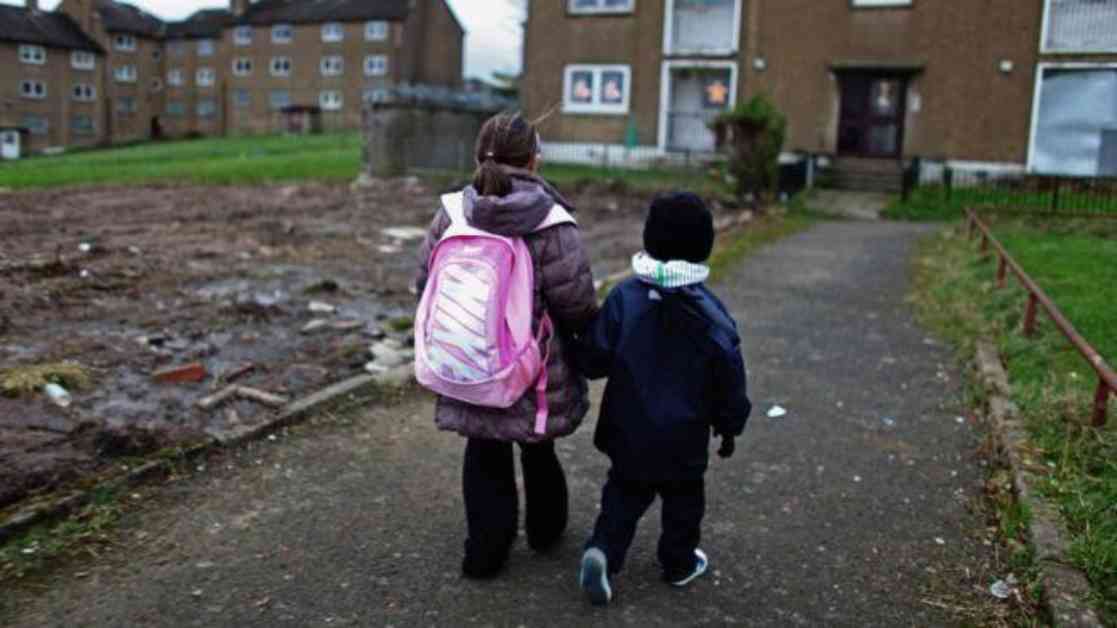An anti-poverty charity revealed that over 120,000 emergency food parcels were distributed by food banks in Scotland between April and September. Among these parcels, 40,000 were specifically for children facing hunger. Families with children under 16 were the most affected, receiving 59% of the total number of parcels.
The charity, Trussell, also reported that 21,000 people in Scotland visited a food bank for the first time during this period. Although there was a slight decrease of 6% in the total number of parcels compared to the same period last year, the charity highlighted that it’s challenging to determine if there has been a genuine drop in hunger and hardship.
Possible factors contributing to this decrease include an increase in food aid providers, a slowdown in price hikes on essential items, and unfreezing Local Housing Allowance to support private renters. However, Trussell emphasized the ongoing need for public support through volunteering, donating, fundraising, and campaigning.
The charity urged the Scottish Government to raise the Scottish Child Payment, increase the Scottish Welfare Fund, and advocate for the removal of the two-child cap. In the meantime, they suggested mitigating the effects of the cap and reversing all cuts to the Affordable Housing Supply Programme.
Penny Morriss, head of Scotland at Trussell, expressed concern over the significant number of people still experiencing hunger and hardship in Scotland. She called for urgent action from both the UK and Scottish governments to address this issue effectively.
Crystal Clayton, manager at Renfrewshire foodbank, echoed these sentiments, emphasizing that emergency food parcels are not a long-term solution to hunger. She stressed the importance of ensuring a minimum income for all individuals and improving social security systems to eliminate the need for emergency food assistance.
The Scottish Government was contacted for comment on this matter, indicating that further action and collaboration are needed to combat food insecurity and poverty in the country. It is crucial for policymakers, community members, and organizations to work together to create sustainable solutions and support those in need.
































